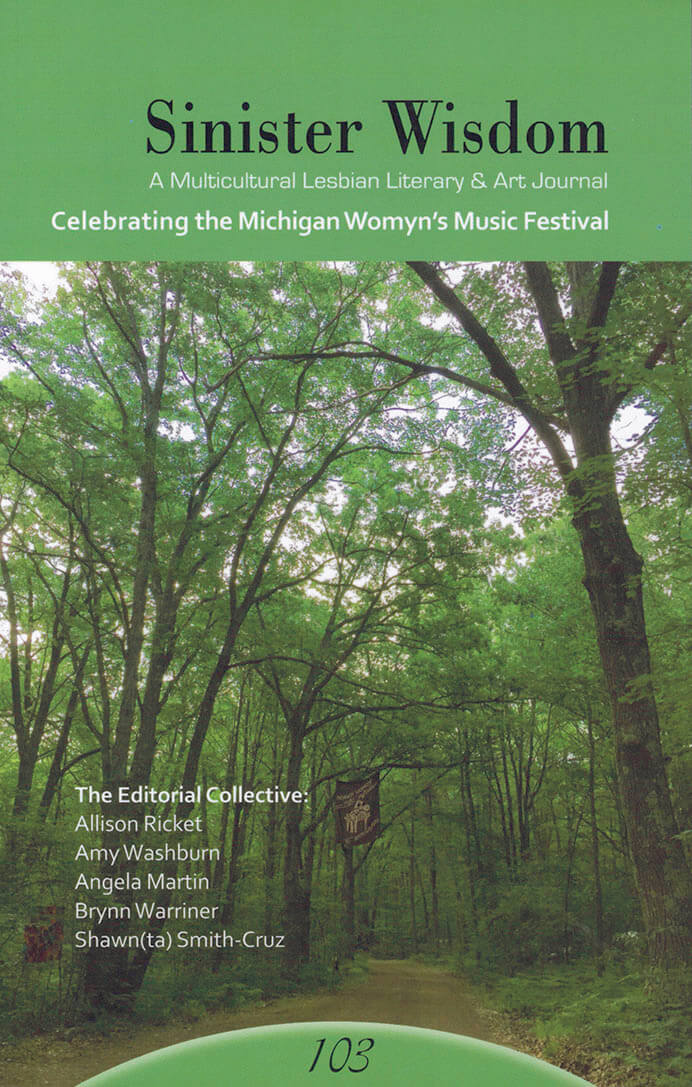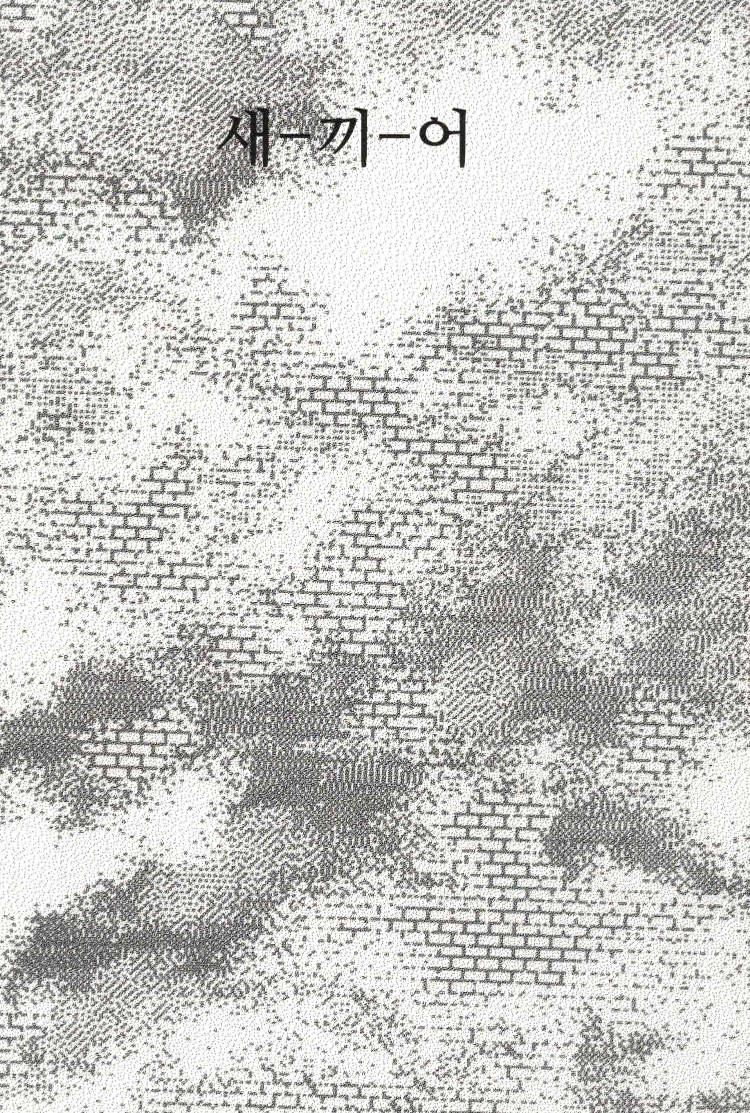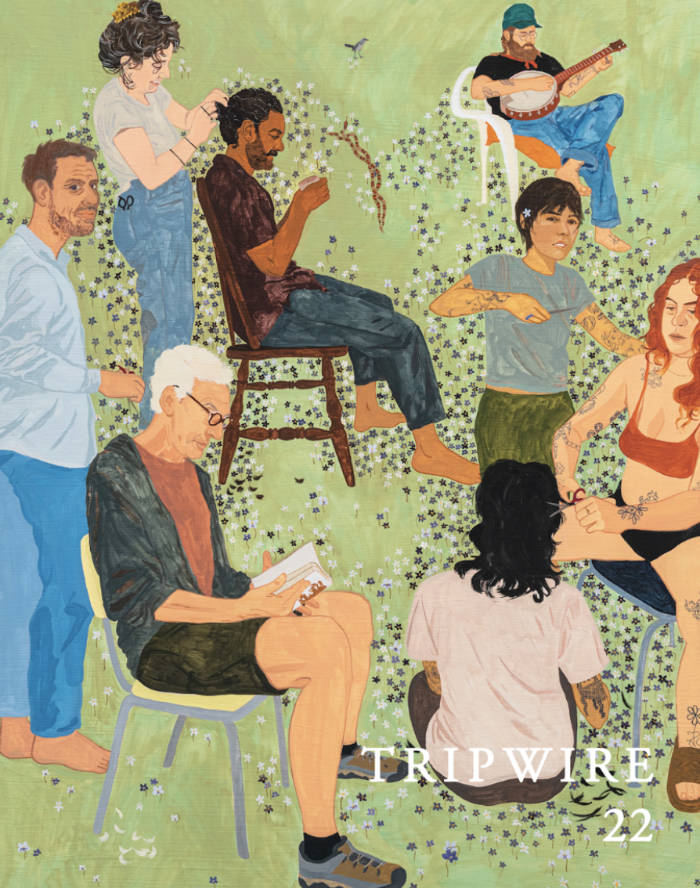The theme for each issue of Worms tends to emerge steadily as gathering clouds. Often there is a nebulous sense of something that we want to explore, unripe fruits plucked from things we have read and heard and pocketed without much thought for later examination. It’s only when our pockets grow heavy, when ideas amass into something worthy of a second glance, that we start to name them. In the case of this one, our eleventh issue, its theme has its roots in the previous. The Love Issue—released in July 2025—explored love in all its guises: radical, complex, beautiful, violent. But in our study of the heart’s infinite mysteries there lurked an undercurrent of something else. Faith, close to love, was a persistent reoccurrence. Devotion, strength, clarity, refuge – these emerged as dimensions of love that can also be mapped across a search for something beyond the material. Worms 11: Faith & Worship began here.
FEATURING: Lamorna Ash, Clare Carlisle, Fanny Howe, Chris Kraus, Eileen Myles, Kazim Ali, Fiona Alison Duncan, Lauren J. Joseph, Olivia Laing, aja monet, Charlotte Northall, Arpan Roy, Noura Salahaldeen, Sarah Schulman, Michelle Tea.
CONTRIBUTORS: Temperance Aghamohammadi, Alaa Alqaisi, RZ Baschir, Sarah Burgoyne, F. Tibiezas Dager, Giulia De Vita, Helena Geilinger, Misha Honcharenko, Courtney Ann LaFaive, Ozziline Mercedes, Nicko Mroczkowski, Evie Reckendrees, Charlie Stuip, Clár Tillekens, Phoenix Yemi.
PHOTOGRAPHERS: Antonia Adomako, Eve Delaney, Jen Dessinger, Isabel Maccarthy, Britteny Najar, Katarzyna Postaremczak, Honor Weatherall.
ILLUSTRATORS & ARTISTS: Clara Esborraz, Eric Hesselbo, Lily Makoski, Samantha Rosenwald, Ivy Shepherd-Barron, Mary Watt, Shu Hua Xiong.
EDITORS: Caitlin McLoughlin, P. Eldridge, Clem MacLeod, Arcadia Molinas.
Proof Reader: Annalise June Kamegawa.
DESIGN: Caitlin McLoughlin & Clem MacLeod.
RUNWAY JOURNAL SUPPLEMENT
Contributors: Wassila Abboud, Anna Carlsson, Alexander Cigana, Bree Turner, Amelia Zhou.
Editors: Debris Facility, Ena Grozdanic, Victoria Pham.
Runway Supplement Design: SM Studio (Safiye Gray & Molly Cranston).
Cover Credits: Photo of Fanny Howe by Lynn Christoffers, Illustration by Mary Watt.







